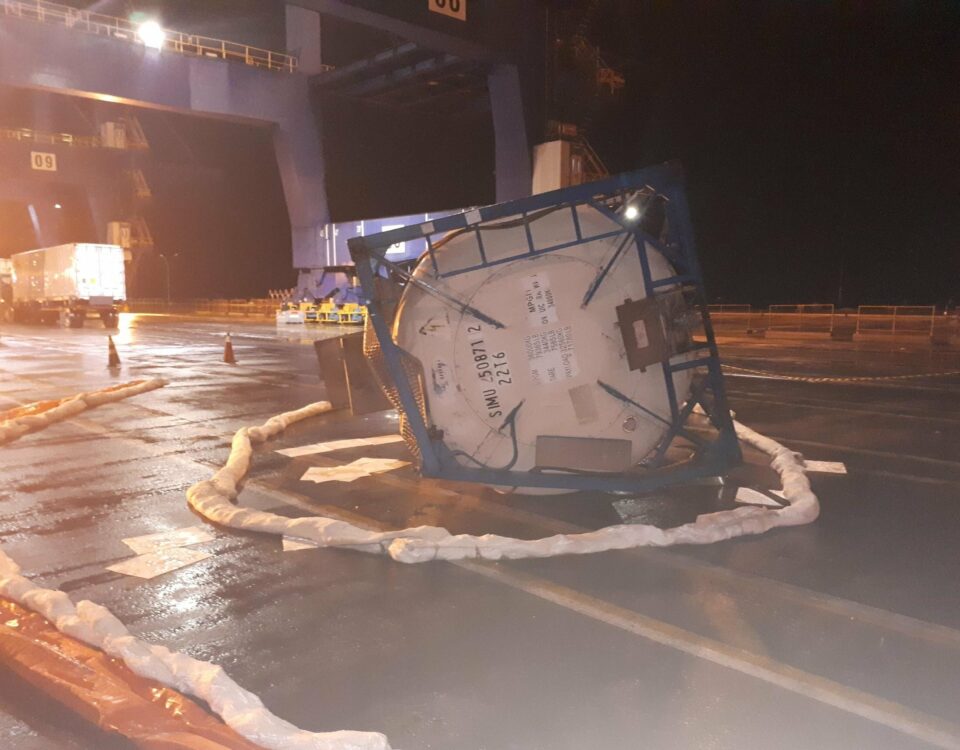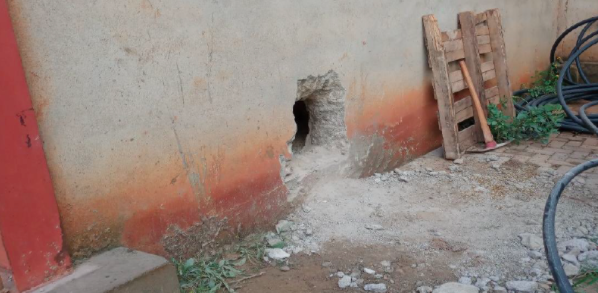Due to the loss of revenue for both importers and exporters, African businesses must take every possible chance to boost their bottom lines. Claiming against liable carriers is one way to recover losses. This does not mean that cargo has to be damaged or stolen, shippers may have the opportunity to claim detention and demurrage charges back from shipping lines and/or claim for delay in delivery which resulted in reefer cargo total loss.
Although it can be time-consuming, the collection of evidence and documents is crucial to speeding up the cargo claims handling process and ensuring it’s a success. This is a list of documents exporters and importers will need to recover losses from liable carrier.
No one ships cargo intending to lose it. But unfortunately, container arrival with seal discrepancy is the reality for many exporters and importers. The hardest part is facing this reality and asking yourself how to win a cargo theft claim. Insufficient evidence to point out to the liable party could be a sign that something else is wrong. So if you want to know what to do when your cargo is discharged with seal discrepancy read on.
Often we receive claims where cargoes such as coffee, cocoa, rise, sugar etc. have become wet and/or mouldy during transit.
Shipping lines use standard rejection: “condensation”, “inherent vice”, BL clauses “ load, stow, count” in order not to pay these claims. It sounds negative. No importer enjoys disputing the obvious, that cargo was heavily rotten due to hole, dents, cracks, flooding etc.
And you may or may not believe me but possessing the right evidence from the origin can save you a lot of time arguing with the carrier and will always yield in positive outcome.
Below are the tactics to help you negotiate cargo claims for water ingress/mould like a Pro.
With the Covid-19 pandemic continuing, resulting in factories and other mass-employment facilities being shut down and employees’ daily wage being cut to a minimum, Africa has seen an increase in cargo claims. We are used to seeing pilferage of cargo from containers during inland journeys. However currently we are witnessing an increase of cargo theft from inland storage facilities such as warehouses. How to prevent losses from cargo theft from storage facilities in Africa and not only? That’s what we’ll show you how to do here.





